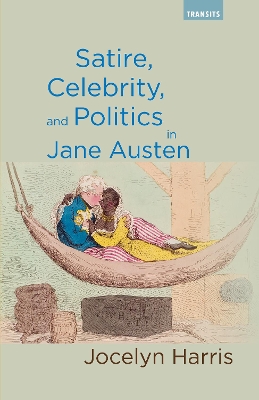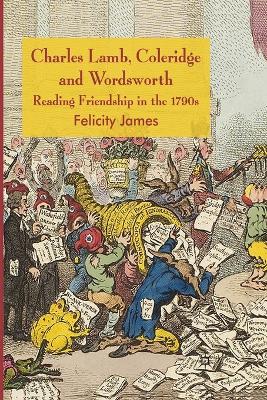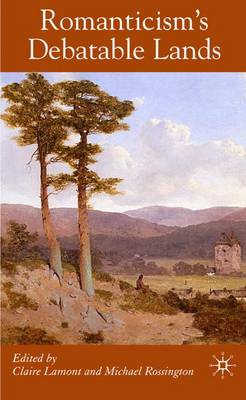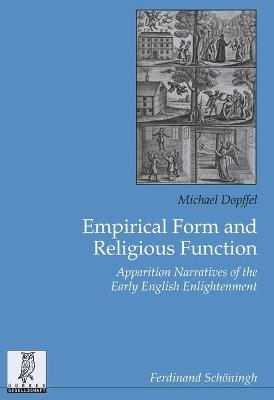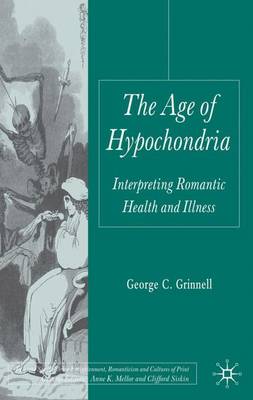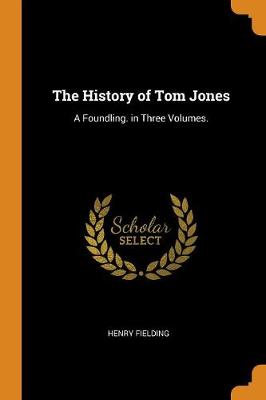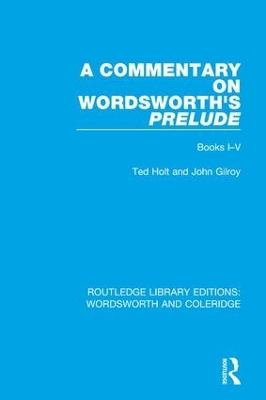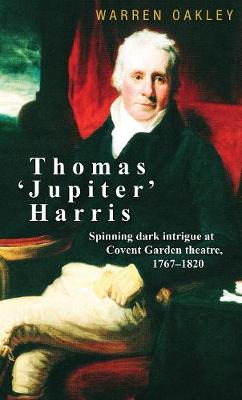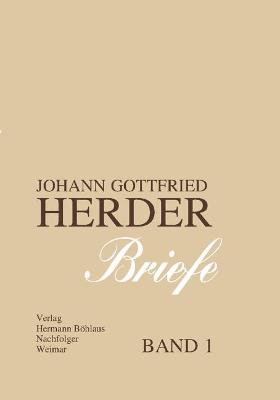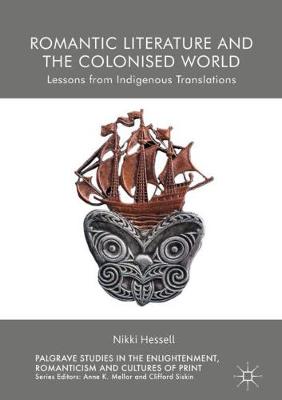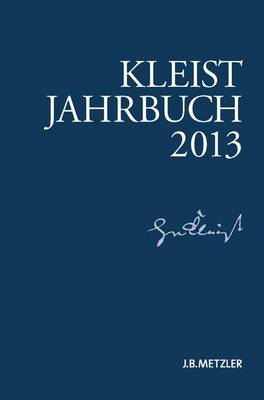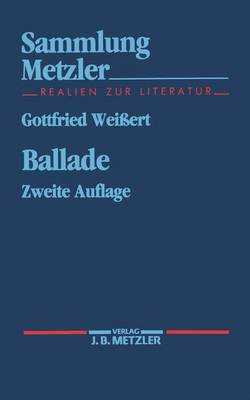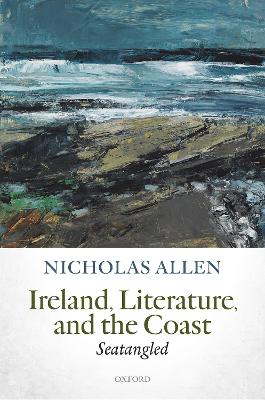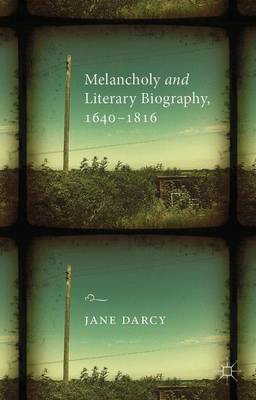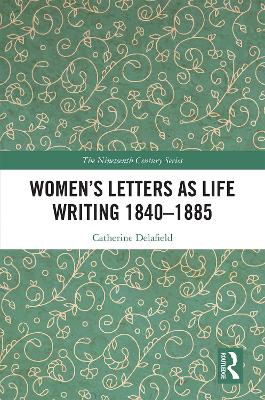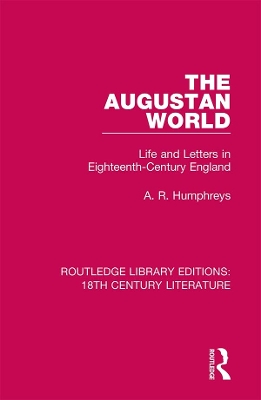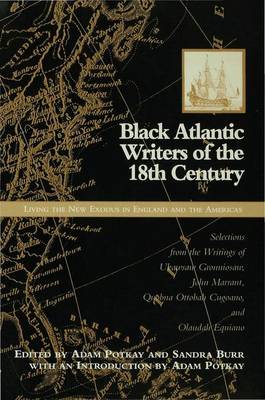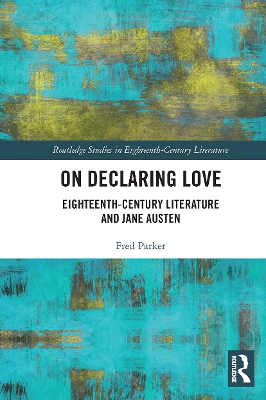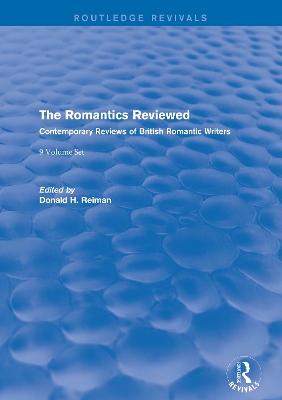Satire, Celebrity, and Politics in Jane Austen (Transits: Literature, Thought & Culture, 1650-1850)
by Jocelyn Harris
In Satire, Celebrity, and Politics in Jane Austen, Jocelyn Harris argues that Jane Austen was a satirist, a celebrity-watcher, and a keen political observer. In Mansfield Park, she appears to base Fanny Price on Fanny Burney, criticize the royal heir as unfit to rule, and expose Susan Burney's cruel husband through Mr. Price. In Northanger Abbey, she satirizes the young Prince of Wales as the vulgar John Thorpe; in Persuasion, she attacks both the regent's failure to retrench, and his dangerous...
This book makes the case for a re-placing of Lamb as reader, writer and friend in the midst of the lively political and literary scene of the 1790s. Reading his little-known early works alongside others by the likes of Coleridge and Wordsworth, it allows a revealing insight into the creative dynamics of early Romanticism.
Romanticism's Debatable Lands
This book uses the theme of 'debatable lands', to explore aspects of writing in the Romantic period. Walter Scott brought it to a wider public, and the phrase came to be applied to debates which were intellectual, political or artistic. These debates are pursued in a collection of essays grouped under the headings such as 'Britain and Ireland'.
Empirical Form and Religious Function (Beitrage Zur Englischen Und Amerikanischen Literatur, #38)
by Michael Dopffel
Examining the ways in which hypochondria forms both a malady and a metaphor for a range of British Romantic writers, Grinnell contends that this is not one illness amongst many, but a disorder of the very ability to distinguish between illness and health, a malady of interpretation that mediates a broad spectrum of pressing cultural questions.
The History of Tom Jones (The Wesleyan Edition of the Works of Henry Fielding) (3, Set)
by Henry Fielding
This is a reproduction of a book published before 1923. This book may have occasional imperfections such as missing or blurred pages, poor pictures, errant marks, etc. that were either part of the original artifact, or were introduced by the scanning process. We believe this work is culturally important, and despite the imperfections, have elected to bring it back into print as part of our continuing commitment to the preservation of printed works worldwide. We appreciate your understanding of t...
A Commentary on Wordsworth's Prelude (RLE: Wordsworth and Coleridge, #5)
by Ted Holt and John Gilroy
First published in 1983, this books aims to guide Wordsworth students through his difficult masterpiece by reading it in continuous sequence and making its sense emerge. The special value of this commentary is that it explains the structure of The Prelude by encouraging study of the poem as a continuous whole rather than selectively looking at individual sections - an approach that has typified modern criticism of the work. This depends upon a close attention to the careful arrangement of the ve...
This is the first biography of Thomas Harris. Until now, little has been known about his life. He was most visible as the man who controlled Covent Garden theatre for nearly five decades, one of only two venues in London allowed by law to perform spoken drama. But this career was only one of many: he became the confidant of George III, a philanthropist, sexual suspect, and a brothel owner in the underworld of Covent Garden. While deeply involved in Pitt the Younger's government, Harris worked as...
Welterschliessung (Periplous, Munchener Studien Zur Literaturwissenschaft)
by Helga Thalhofer
This book considers indigenous-language translations of Romantic texts in the British colonies. It argues that these translations uncover a latent discourse around colonisation in the original English texts. Focusing on poems by William Wordsworth, John Keats, Felicia Hemans, and Robert Burns, and on Walter Scott's Ivanhoe, it provides the first scholarly insight into the reception of major Romantic authors in indigenous languages, and makes a major contribution to the study of global Romanticis...
These eleven original essays by well-known eighteenth-century scholars, five of them editors of James Boswell's journal or letters, commemorate the bicentenary of Boswell's death on May 19, 1795. The volume illuminates both the life and the work of one of the most important literary figures of the age and contributes significantly to the scholarship on this rich period. In the introduction, Irma S. Lustig sets the tone for the volume. She reveals that the essays examining Boswell as "Citizen of...
The island of Ireland is home to one of the world's great literary and artistic traditions. This book reads Irish literature and art in context of the island's coastal and maritime cultures, beginning with the late imperial experiences of Jack and William Butler Yeats and ending with the contemporary work of Anne Enright and Sinead Morrissey. It includes chapters on key historical texts such as Erskine Childers's The Riddle of the Sands, and on contemporary writers including Eiléan Ní Chuillean...
This book traces the development of literary biography in the eighteenth century; how writers' melancholy was probed to explore the inner life. Case studies of a number of significant authors reveal the 1790s as a time of biographical experimentation. Reaction against philosophical biography led to a nineteenth-century taste for romanticized lives.
Women’s Letters as Life Writing 1840–1885 (The Nineteenth Century)
by Catherine Delafield
Examining letter collections published in the second half of the nineteenth century, Catherine Delafield rereads the life-writing of Frances Burney, Charlotte Brontë, Mary Delany, Catherine Winkworth, Jane Austen and George Eliot, situating these women in their epistolary culture and in relation to one another as exemplary women of the period. She traces the role of their editors in the publishing process and considers how a model of representation in letters emerged from the publication of Burn...
The Augustan World (Routledge Library Editions: 18th Century Literature)
by A. R. Humphreys
The outlook of writers in the eighteenth century was profoundly influenced by the social and intellectual interests of Augustan life. Originally published in 1954, this book aims to describe that influence, and to set the literature of the period in its social environment with a critical attention. The treatment is compact but readable, and effective use is made of quotations from contemporary literature.
Black Atlantic Writers of the Eighteenth Century
by Olaudah Equiano, Ukawsaw Gronniosaw, John Marrant, and Ottobah Cugoano
This important book brings together for the first time major works by four black writers who published between 1770 and 1793: Ukawsaw Gronniosaw, John Marrant, Ottobah Cugoano, and Olaudah Equiano. Crisscrossing the Atlantic ocean from West Africa to the West Indies, from the American mainland to the British isles, these men share a dramatic story of captivity and liberation, wayfaring and adventure. They also share a story of spiritual salvation, of adapting the christian faith to their own her...
On Declaring Love (Routledge Studies in Eighteenth-Century Literature)
by Fred Parker
"What did she say? – Just what she ought, of course. A lady always does." This book explores the act of declaring love in works of literature written between the middle of the eighteenth century and the death of Jane Austen - and uncovers the uncertain boundaries of the self in the force-field of courtship. Declaring love is understood as the hazardous attempt to find public, social terms which can communicate personal feelings and bring intimacy into being. This was a period highly sensitive...
The Romantics Reviewed (Routledge Revivals: The Romantics Reviewed)
First published in 1972, this set of 9 volumes contains all contemporary British periodical reviews of the first (or other significantly early) editions from 1793 and 1824 of works by William Wordsworth, Samuel Taylor Coleridge, George Gordon Byron, Percy Bysshe Shelley, and John Keats. In addition, a few later reviews are supplied, as well as a substantial number of reviews of other contemporary figures, including William Godwin, Robert Southey, Samuel Rogers, Thomas Campbell, Thomas Moore, Lei...

